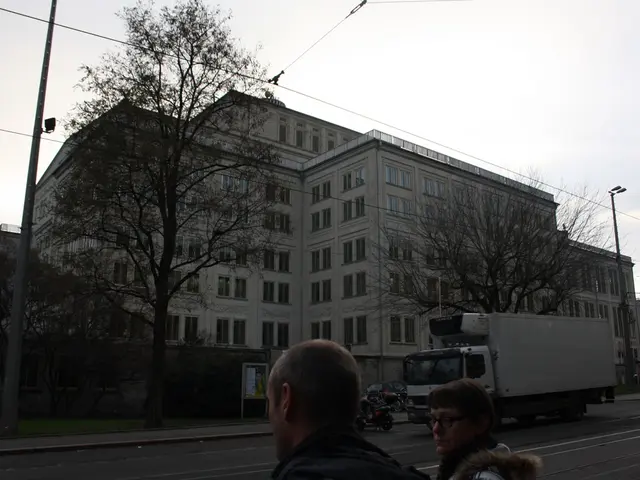Guidance on Sustainable Learning for a Greener Future
Germany champions Education for Sustainable Development (ESD), with a multifaceted approach encompassing universities, schools, non-formal education, and adult learning. This commitment to ESD is recognized through various best practices supported by the Federal Ministry of Education and Research (BMBF) and the German UNESCO Commission.
ESD encourages individuals to actively participate in shaping the future and making sustainable choices in their daily lives, understanding how these decisions affect the world and its future. The beat of this approach lies in the recognition that environment, economy, and society are interconnected, requiring a holistic approach to sustainable progress.
Higher Education Institutes Lead the Way
German universities have integrated ESD into academic curricula, research, and campus management. This initiative often revolves around interdisciplinary teaching, sustainable campus practices, and student involvement in sustainability projects, leading to the emergence of practices like sustainability-focused course certificates and student-led sustainability offices. Exemplary universities are often recognized through awards and funding programs offered by the BMBF and German UNESCO Commission.
Sustainability in Schools and Beyond
German schools nurture ESD through project-based learning, integrating sustainability themes into curricula, and partnerships with local NGOs or businesses. Initiatives like the "National Action Plan on ESD" engage pupils and teachers in co-creating sustainability projects. Furthermore, the German UNESCO Commission supports non-formal education projects, such as youth-led sustainability initiatives, eco-clubs, and workshops, as well as community education programs that promote sustainable lifestyles.
Lifelong Learning and Professional Development
Adult education centers throughout Germany offer ESD-focused training programs for professionals, community leaders, and the general public, promoting sustainable development and aligning with the SDGs. These programs are increasingly recognized by both the BMBF and the German UNESCO Commission through funding and awards.
Acknowledgment and Recognition
The BMBF provides targeted funding for ESD research and implementation, primarily supporting pilot projects in schools, universities, and communities, with an aim to expand successful models nationwide. Meanwhile, the German UNESCO Commission manages several award schemes to acknowledge outstanding ESD projects, municipalities, and individuals, thereby fostering the exchange of best practices and nurturing a stronger ESD culture in Germany.
In summary, best practices of ESD in Germany demonstrate a diverse, impactful approach to sustainability education, inspiring innovation and implementation within the ESD field. Recognition and awards from the BMBF and German UNESCO Commission further reinforce this commitment.
Science plays a crucial role in fostering climate-change awareness and addressing environmental issues. Universities in Germany promote this knowledge by incorporating Environmental-Science principles into academic curricula, research, and campus management, thus contributing to Education-and-Self-Development initiatives that enable individuals to make informed sustainable choices.








